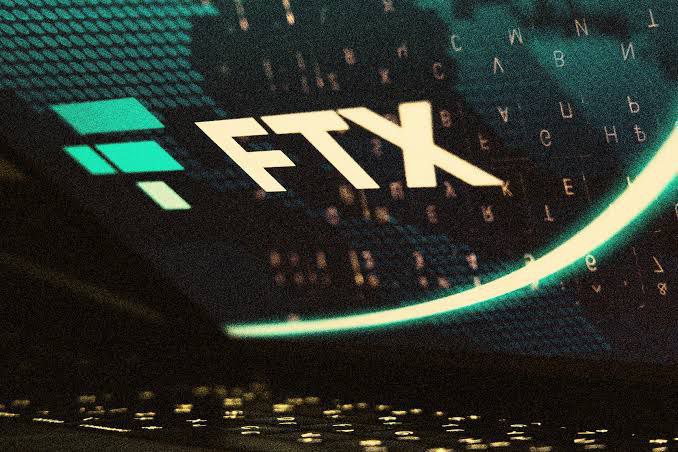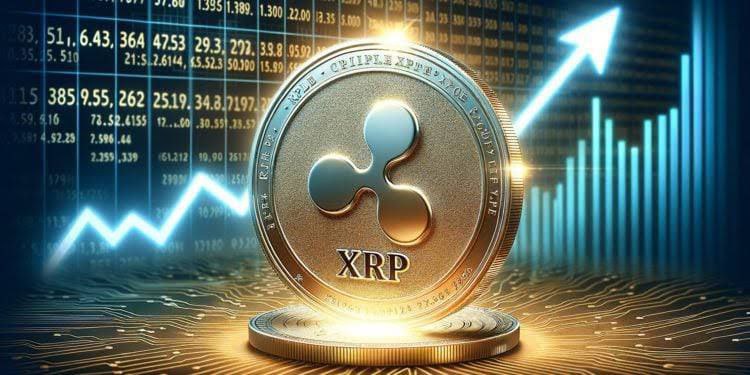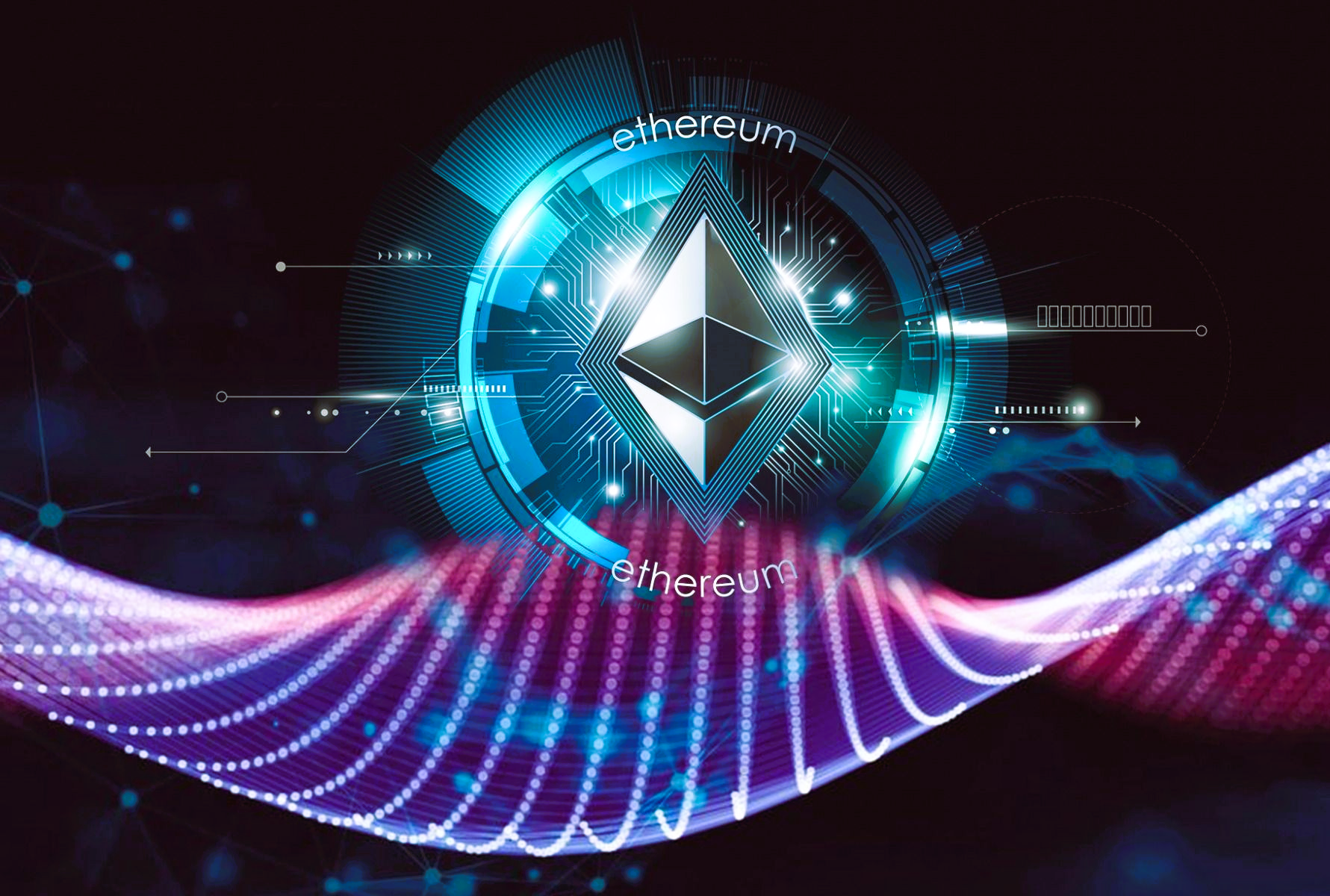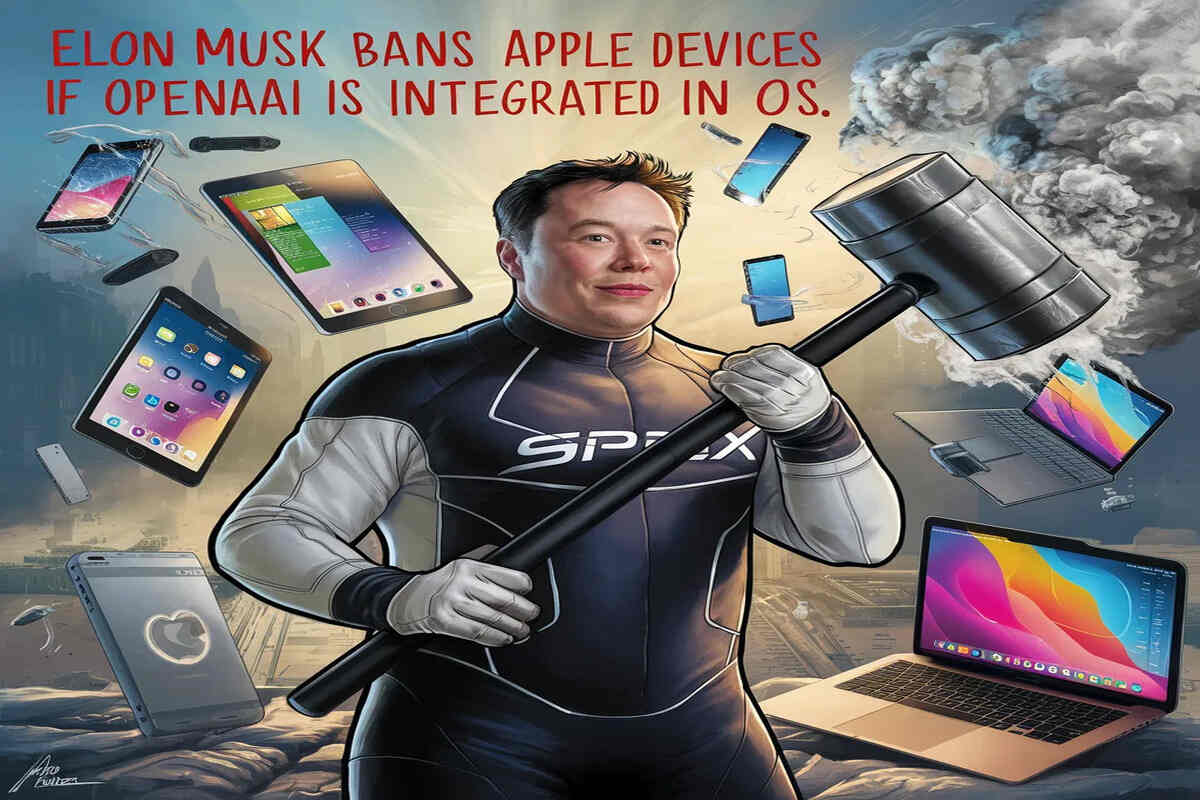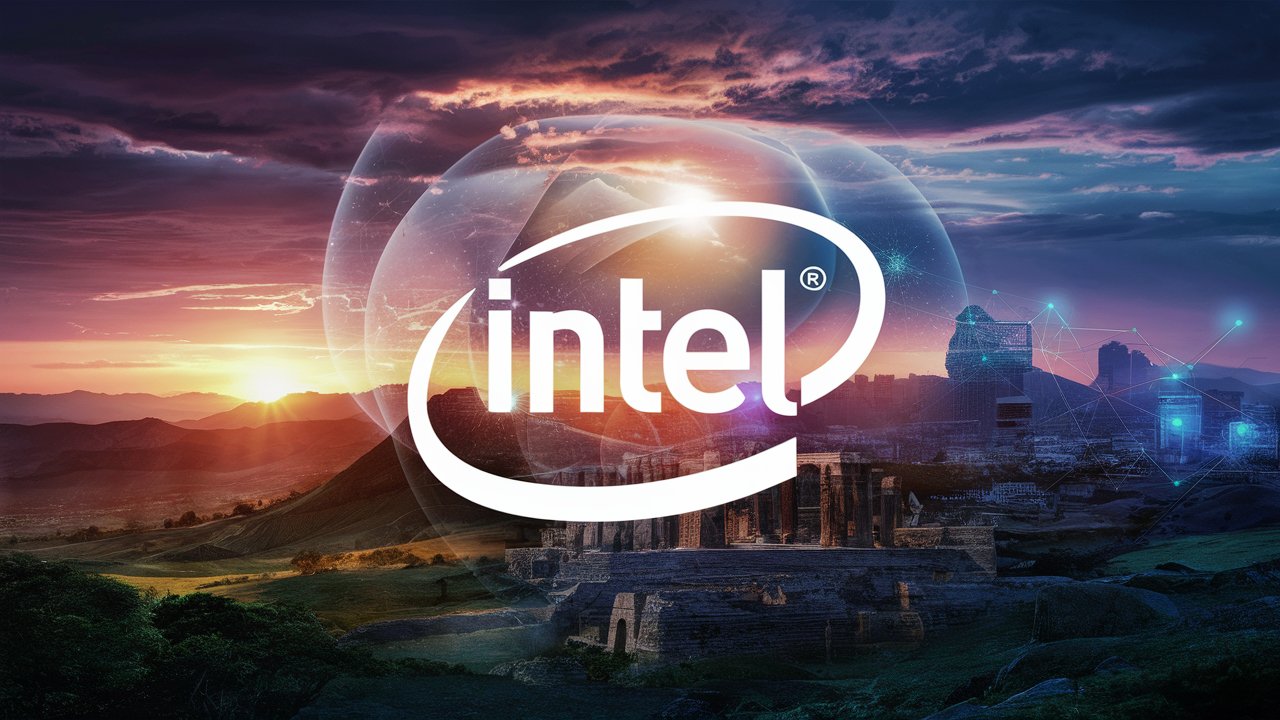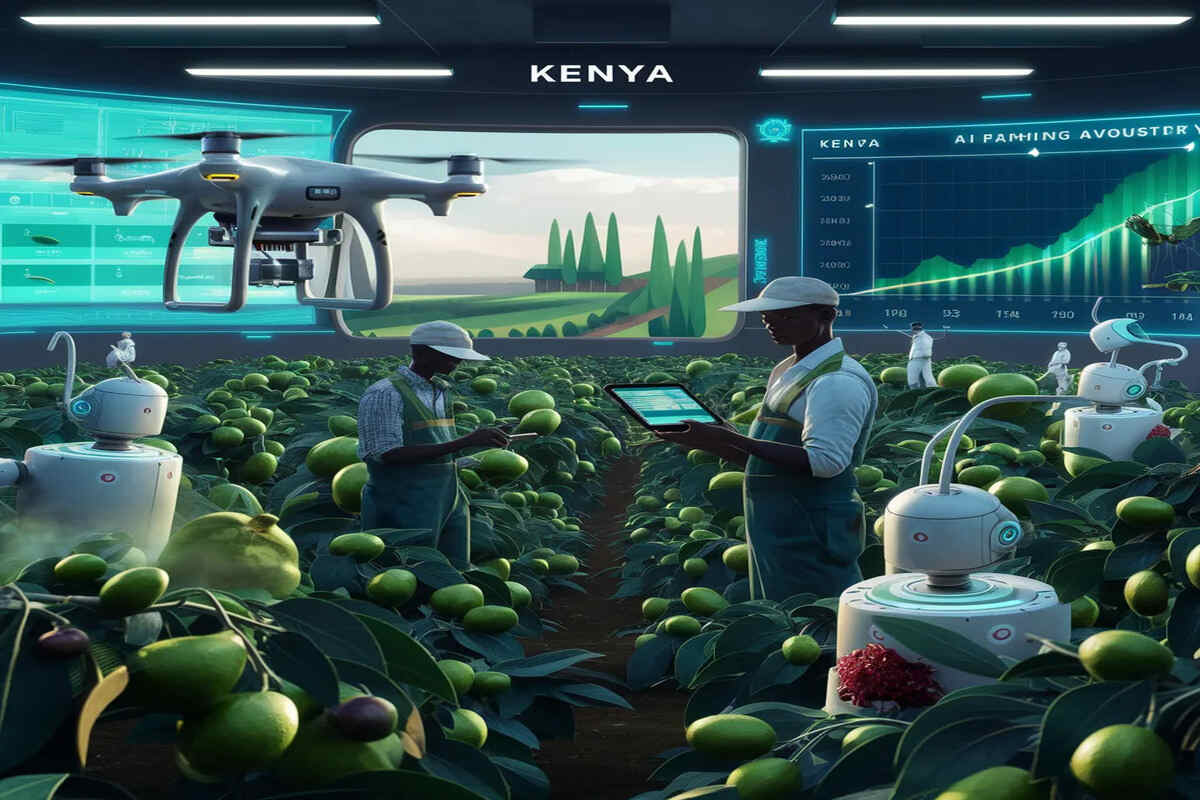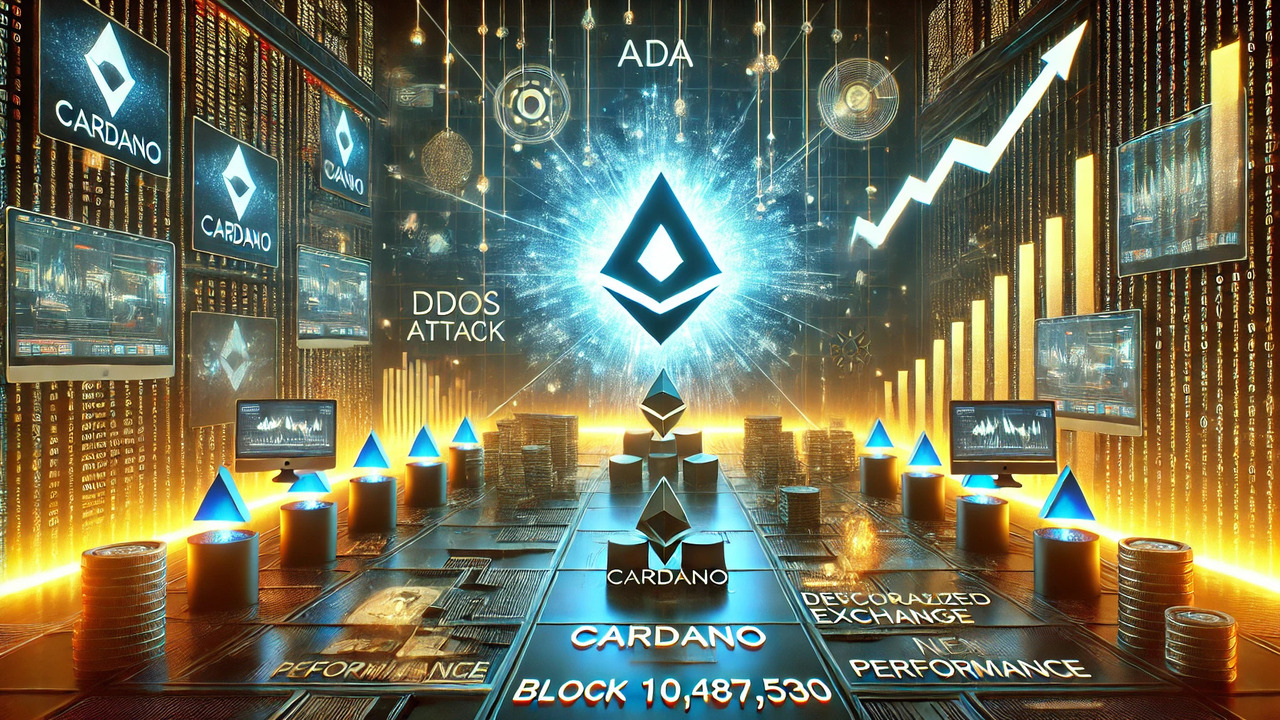
The Cardano project and ADA cryptocurrency were developed by Input Output Hong Kong (IOHK), a technology firm founded by Charles Hoskinson. Introduced in 2015, it is a prominent Proof of Stake (PoS) blockchain. Known for its “third-generation” technology, it addresses scalability problems and high gas fees that affect “second-generation” blockchains like Ethereum.
Cardano (ADA) faces a DDoS attack at block 10,487,530
A prominent blockchain network, Cardano, has faced a Distributed Denial of Service (DDoS) attack, as highlighted on an X post, starting at Block 10,487,530.
Cardano has remained fully operational despite these persistent attacks targeting its smart contracts. This resilience stems from its decentralized architecture, which distributes the network load to avoid a single point of failure. The attack involved transactions executed through 194 REWARD-type smart contracts, each spending 0.9 ADA per transaction. Despite these malicious activities, the network has faced no disruption or congestion.
Dan Gambardella, Founder of Crypto Capital, commented on an X, “The Cardano blockchain went under a DDoS attack but remains fully operational. Because there is no single point of failure, the load is spread out, making it super tough for any attack to take it down.”
This resilience becomes crucial as Cardano gears up for the upcoming Chang hard fork, scheduled for later this month. This upgrade aims to transition Cardano into a self-governing protocol, marking a significant milestone for the ecosystem.
As the community anticipates further updates from founder Charles Hoskinson regarding the Chang hard fork, confidence remains in Cardano’sardano’s readiness for future advancements despite ongoing security tests. This incident underscores the importance of robust network architecture in safeguarding against cyber threats as blockchain technologies continue to Cardano’s
Cardano’s Sundae V3 hits 9,264 orders
Cardano’s decentralized exchange (DEX) Sundae v3 has reached a remarkable milestone, processing 9,264 orders within 24 hours. This impressive performance has garnered the attention of Cardano founder Charles Hoskinson, who remarked that the protocol is “waking up.”
Pi Lanningham, CTO of Sundae Labs, showcased impressive statistics, revealing an execution rate of 900 orders in a single block. Notably, traders completed half of all trades within 30 seconds and finalized approximately 90% in under four minutes, highlighting significant efficiency improvements.
This surge in activity comes as Cardano gears up for the highly anticipated Chang Hard Fork upgrade scheduled for June. Charles Hoskinson recently hinted that Cardano Node is approaching version 9.0, indicating readiness for this major upgrade.
Amidst these developments, the Cardano ecosystem is also progressing towards decentralized governance. The rollout of Decentralised Representatives (dReps) aims to enhance community input in treasury control, refCardano’sardano’s commitment to evolving its governance model.
How Cardano works
Cardano (ADA), a third-generation blockchain, was built to overcome the scaling problems observed in first-generation (Bitcoin) and second-generation (Ethereum) blockchains. It stands out by addressing high transaction fees and low TPS (transactions per second) that plagued previous systems.
Cardano is carefully developed from the ground up to offer a truly decentralized, low-fee, high-TPS Proof of Stake (PoS) network. It uses its unique PoS consensus protocol, Ouroboros, which enhances energy efficiency compared to traditional Proof of Work (PoW) methods and maintains strong security.
Cardano’s forward-thinking strategy includes Hydra, a forthcoming layer two solution poised to achieve unlimited scalability. Hydra scales network throughput incrementally with each new node, enhancing overall network capacity.
Moreover, Cardano introduces the innovative Hard Fork Combinator, which facilitates seamless blockchain updates without disruption. Successfully tested during the Shelley phase update, this feature underscores Cardano’s commitment to operational continuity and technological advancement.
What gives Cardano (ADA) value?
ADA, the native token of the Cardano network, derives its value from several key factors. After 19th-century mathematician Ada Lovelace, ADA plays a pivotal role within the ecosystem.
Key value propositions
Utility as a Digital Currency. ADA is a digital currency on the Cardano blockchain, facilitating transactions and interactions within its decentralized ecosystem. Similar to how ether (ETH) is used on the Ethereum network, ADA enables users to conduct various activities on Cardano.
Staking and Rewards. ADA holders can participate in stake pools, contributing their tokens to secure the network and validate transactions. In return, stakeholders earn staking rewards, incentivizing ADA holders to actively engage in the network’s security and governance.
Decentralized Governance. As Cardano evolves, ADA holders will have a direct say in its future through decentralized governance mechanisms. By staking their ADA tokens, holders gain voting power to influence developmental decisions, ensuring a democratic and community-driven approach to network governance.
Initial Coin Offering (ICO) and Distribution. Cardano raised USD 62.2 million during its ICO, distributing 57.6% of the ADA supply to early investors. This initial distribution reflects investor confidence and sADA’sts ADA’s liquidity and market dyADA’ss.
ADA’s value stems from its versatile utility in the Cardano ecosystem, covering transactions, governance, and stakeholder participation. As Cardano progresses in its development, ADA remains crucial for the network’s functionality, security, and decentralized governance.
How is the Cardano network secured?
The Cardano network employs a bespoke Proof of Stake (PoS) protocol, Ouroboros, designed to ensure robust security while promoting sustainable growth. Ouroboros integrates advanced technology with mathematically validated mechanisms, incorporating elements of behavioral psychology and economic philosophy.
ADA’s value stems from its versatile utility in the Cardano ecosystem, covering transactions, governance, and stakeholder participation. As Cardano progresses in its development, ADA remains crucial for the network’s functionality, security, and decentralized governance.
Final Thoughts
Cardano is an innovative blockchain project that aims to reshape infrastructure using advanced technology and mathematics. Known as a third-generation blockchain, it aims to become the top smart contract platform but still faces major development milestones.
Cardano’s full impact on the crypto industry and beyond still awaits realization as a deeply ambitious endeavor. However, with ongoing advancements and a clear vision, the future appears promising for Cardano, suggesting potential transformative effects on a global scale.
Also read: Ripple Labs Chief to Face Charges for Misleading Statements
Discover more from The African Crypto
Subscribe to get the latest posts to your email.




